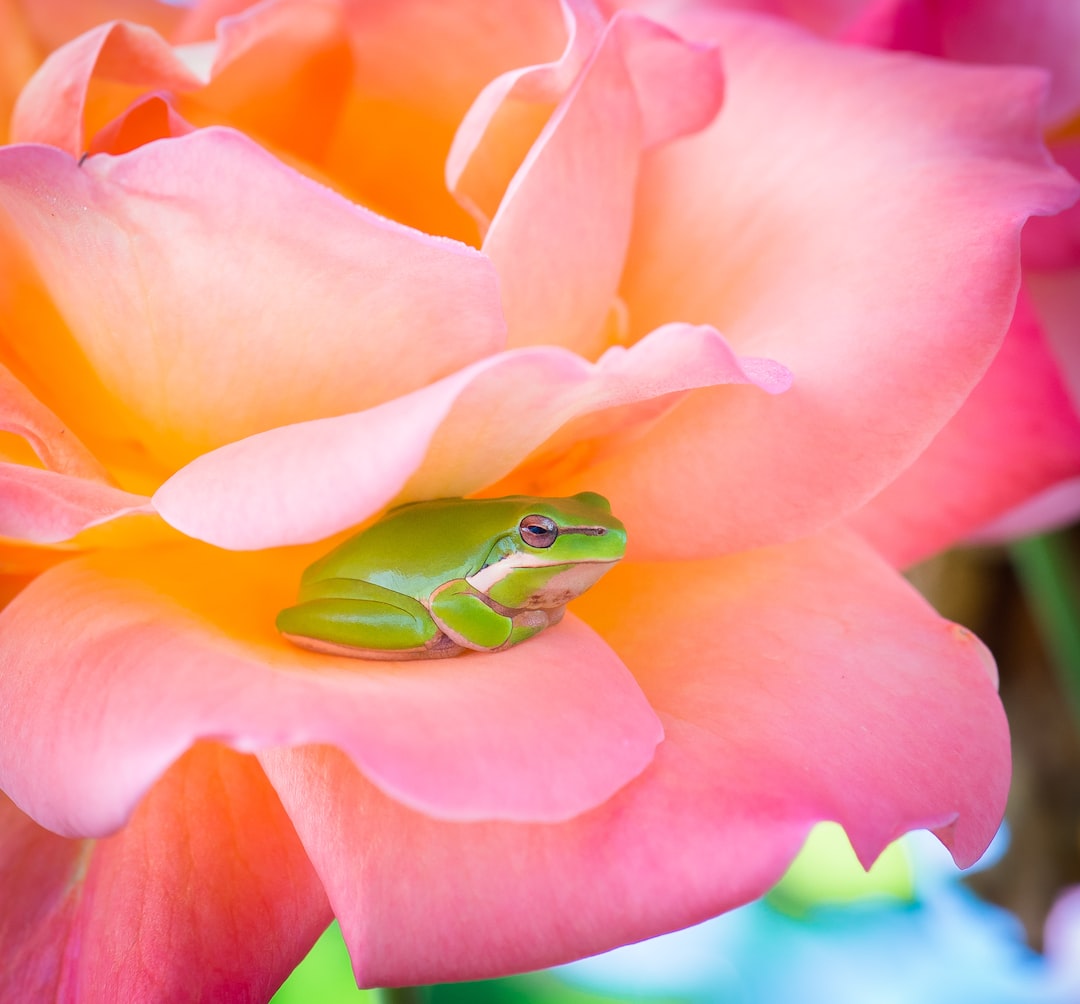The Role of Animals in Ecosystems: Nature’s Balancekeepers
Animals are not just mere creatures inhabiting the Earth; they play a crucial role in maintaining the delicate balance of Mother Nature’s ecosystems. From the tiniest insects to the mighty predators, each animal contributes in its own unique way to upholding the harmony of our planet. In this blog post, we will explore the significance of animals as nature’s balancekeepers and understand how the absence or disruption of any species can have far-reaching consequences.
At the heart of every ecosystem lies the concept of interdependence. Every organism, be it a plant, animal, or microorganism, relies on others for survival. Animals, particularly, are essential for maintaining the health and vitality of ecosystems. They act as both consumers and decomposers, playing a vital role in energy transfer and nutrient cycling.
Predators, for instance, are nature’s regulators. They maintain the population control of prey species, preventing their excessive growth, which can lead to overgrazing or destruction of vegetation. This control ensures that herbivorous animals do not devour all available plant resources, thus maintaining the health and balance of the ecosystem. Take the example of the grey wolf in Yellowstone National Park, whose reintroduction in 1995 had a profound impact on the entire ecosystem. The presence of these apex predators led to a decrease in elk population, allowing the regrowth of trees and vegetation, which in turn attracted more bird species and increased the abundance of beavers. Thus, a single species can have cascading effects on the entire ecosystem.
Besides population control, animals also aid in pollination and seed dispersal, crucial processes for plant reproduction. Butterflies, bees, and birds act as pollinators by transferring pollen from the male to the female parts of flowers. This facilitates fertilization and the production of seeds. Without these animals, many plants would fail to reproduce, resulting in a decline in biodiversity and potentially affecting the entire food chain. Additionally, animals like squirrels, rodents, and birds play a major role in seed dispersal. They unintentionally carry seeds from one place to another while foraging for food, ensuring the spread of plant species in different areas, helping forests grow and regenerate.
Another vital role animals play is that of decomposers. They break down organic matter, including dead plants and animals, and return nutrients to the soil. Creatures like vultures, beetles, worms, and bacteria act as nature’s recyclers, transforming once-living organisms into essential components for new life. Without decomposers, which are often overlooked, the nutrients locked in dead matter would remain trapped, hindering the growth of new plants and perpetuating a vicious cycle of nutrient depletion.
Furthermore, animals contribute to the regulation and maintenance of habitats, supporting the survival of countless species. Take, for example, beavers, known as ecosystem engineers. Through their dam-building activities, they create wetlands that provide habitats for various aquatic plants, insects, amphibians, and birds. These wetlands act as filters, purifying water and preventing floods downstream. The presence of beavers also increases biodiversity in surrounding areas, attracting different species and creating a rich and thriving ecosystem.
Unfortunately, many animal species are facing threats that can disrupt these delicate balances within ecosystems. Human activities like habitat destruction, pollution, climate change, and poaching have led to the decline and extinction of numerous creatures. As species disappear, their ecological roles become vacant, potentially triggering a chain reaction of imbalances within ecosystems. For instance, the loss of pollinators like bees can have catastrophic effects on agriculture, reducing crop yields and endangering global food security.
It is essential that we recognize the inherent value of animals in maintaining the health and stability of ecosystems. Conservation efforts, habitat restoration, and sustainable practices are critical in safeguarding these invaluable creatures and the ecosystems they inhabit. As responsible stewards of the Earth, it is our duty to respect and protect the delicate interplay of nature’s balancekeepers.
In conclusion, animals are not just passive inhabitants of ecosystems; they actively shape and contribute to the delicate equilibrium of these interconnected systems. From maintaining population control to facilitating pollination, seed dispersal, and nutrient cycling, animals play critical roles that ensure the survival and prosperity of countless species. Understanding the significance of animals as nature’s balancekeepers is vital for promoting the conservation and protection of biodiversity, safeguarding the future of our planet.

